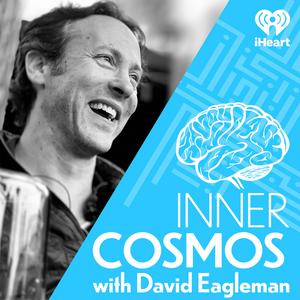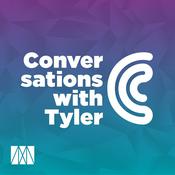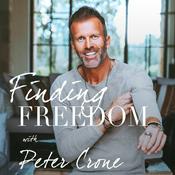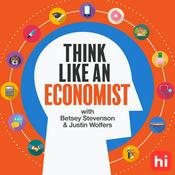153 episódios
- Is intelligence a property of individual brains, or is it something that emerges from many brains trying to align with one another? How can we build AI agents to improve our understanding of the world and to mediate between rivaling humans? For this and much more, we speak today with Danielle Perszyk, a cognitive scientist who leads the human-computer interaction team at Amazon’s AGI Lab.
Ep138 "Why do our political brains mistake opinion for truth?" with Kaizen Asiedu
26/1/2026 | 1h 7minWhat if your confidence in your political beliefs does not correlate with their accuracy? Why does a pundit's outrage often feel so convincing and nuance so unsatisfying? Are conspiracy theories a predictable feature of human brains? Is there any way to stop ourselves from mistaking our feelings for conclusions? How can we come to be clearer thinkers? Today we speak with political commentator Kaizen Asiedu about how we arrive at our hot takes on the world.- Medications are among the most important advancements of science, but their social consequences are often complex. What if some of our most common diseases are design flaws of modern life? Does it matter if we're fixing a root cause rather than just circumventing it? If a pill can quiet hunger, pain, or anxiety, is that "cheating"? Today we talk about the fascinating world of prescription drugs with science journalist Thomas Goetz.
- What does it mean for your life to matter? We all talk a lot about happiness, pleasure, and meaning... but what if the real engine underneath it all is the need to feel we count? Is it possible that depression, extremism, and ambition all stem from the same psychological source? When is political polarization less about beliefs and more about threatened significance? Join Eagleman with philosopher and writer Rebecca Goldstein, author of "The Mattering Instinct".
- What exactly is hypnosis? We’ve all heard of circus-like versions, but is there a real element to hypnosis that psychiatrists and neuroscientists are able to leverage? Can attention and expectation change what we feel (such as pain or anxiety)? What do suggestible states reveal about the brain’s pathways? How does hypnosis compare to meditation, flow states, or psychedelic drugs? Today we speak with David Spiegel, Stanford psychiatrist and one of the world’s experts in hypnosis.
Mais podcasts de Ensino
Podcasts em tendência em Ensino
Sobre Inner Cosmos with David Eagleman
Neuroscientist and author David Eagleman discusses how our brain interprets the world and what that means for us. Through storytelling, research, interviews, and experiments, David Eagleman tackles wild questions that illuminate new facets of our lives and our realities.
Sítio Web de podcastOuve Inner Cosmos with David Eagleman, Páginas com Graça e muitos outros podcasts de todo o mundo com a aplicação radio.pt

Obtenha a aplicação gratuita radio.pt
- Guardar rádios e podcasts favoritos
- Transmissão via Wi-Fi ou Bluetooth
- Carplay & Android Audo compatìvel
- E ainda mais funções
Obtenha a aplicação gratuita radio.pt
- Guardar rádios e podcasts favoritos
- Transmissão via Wi-Fi ou Bluetooth
- Carplay & Android Audo compatìvel
- E ainda mais funções


Inner Cosmos with David Eagleman
Leia o código,
descarregue a aplicação,
ouça.
descarregue a aplicação,
ouça.






































